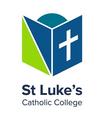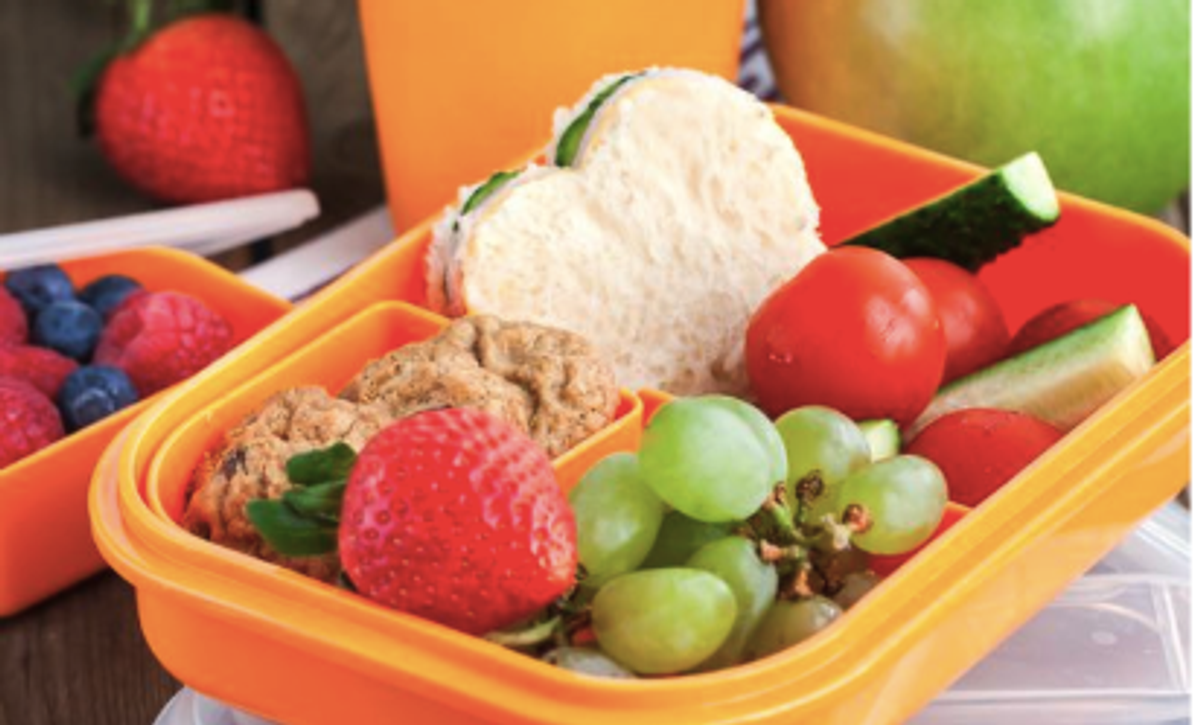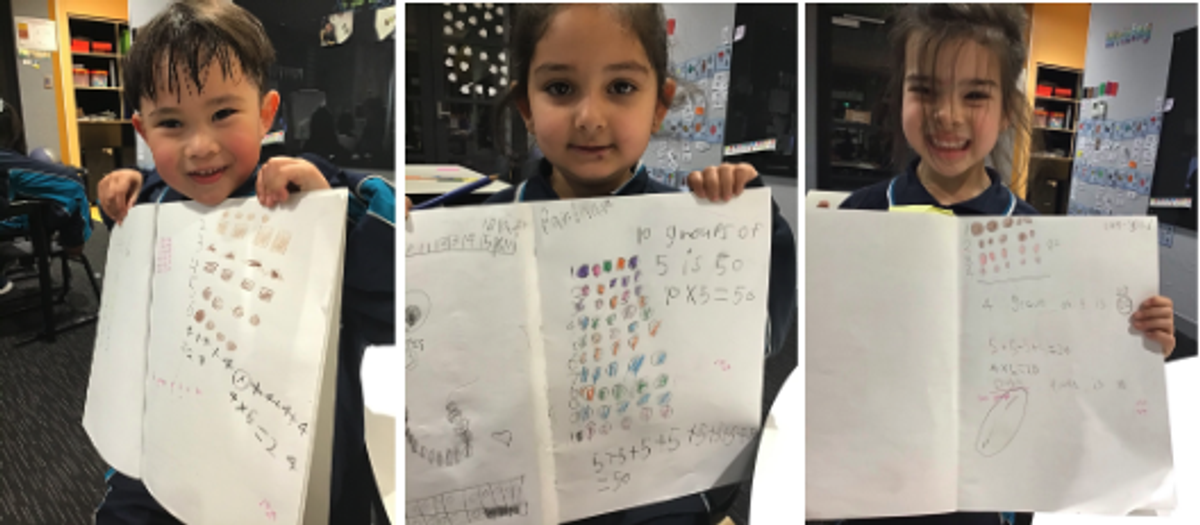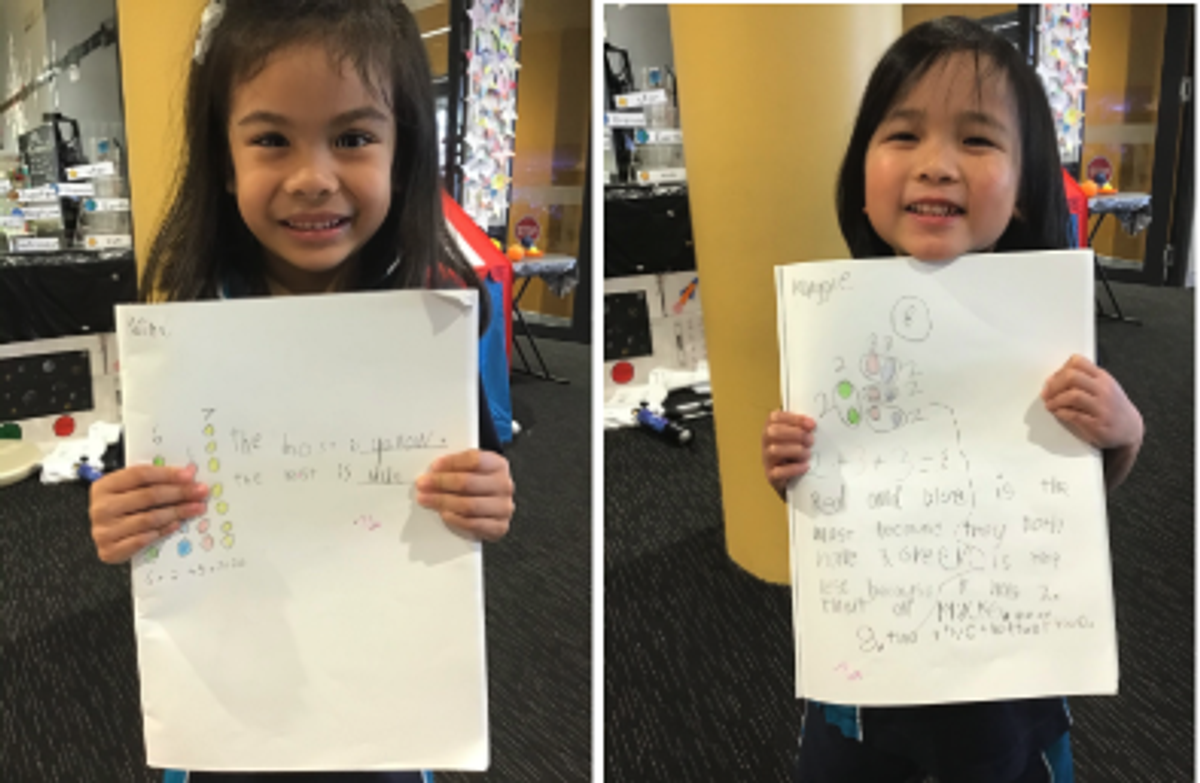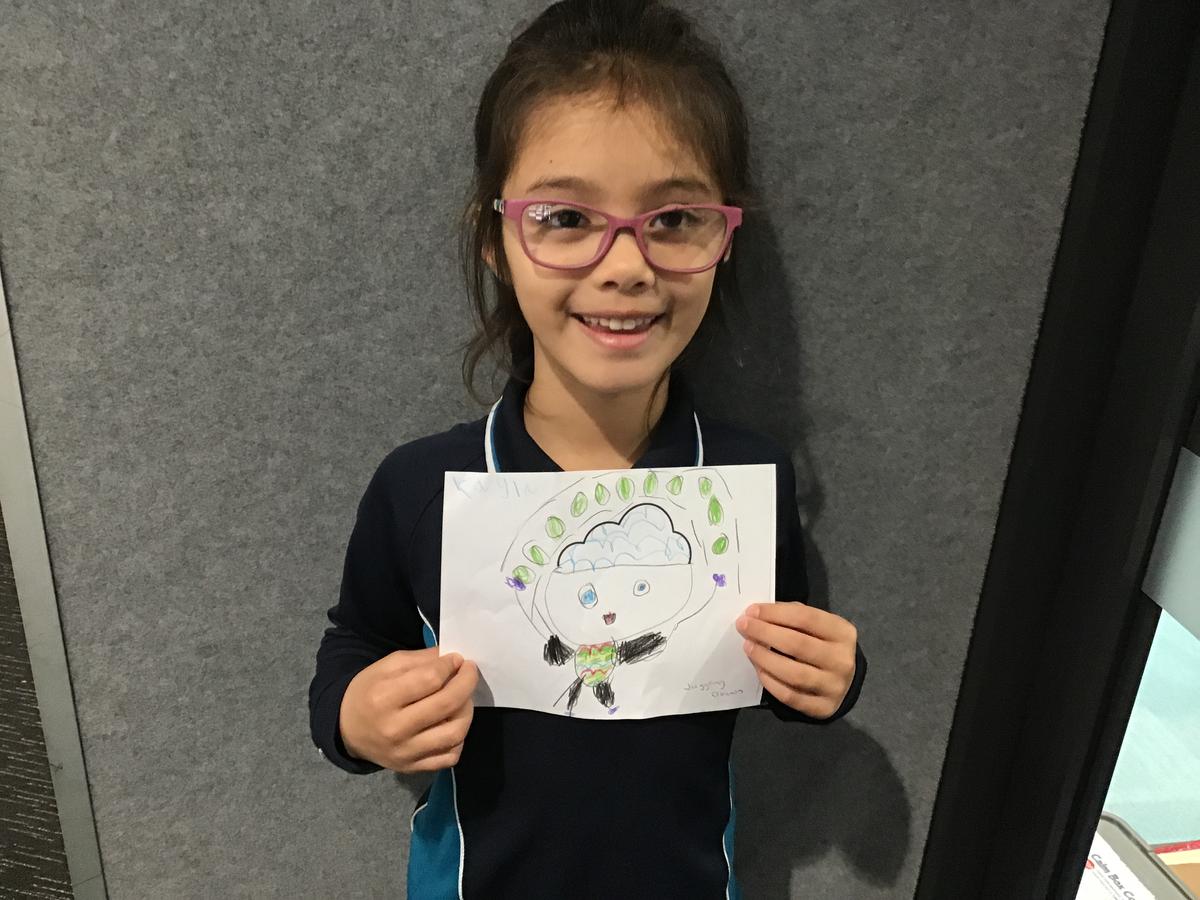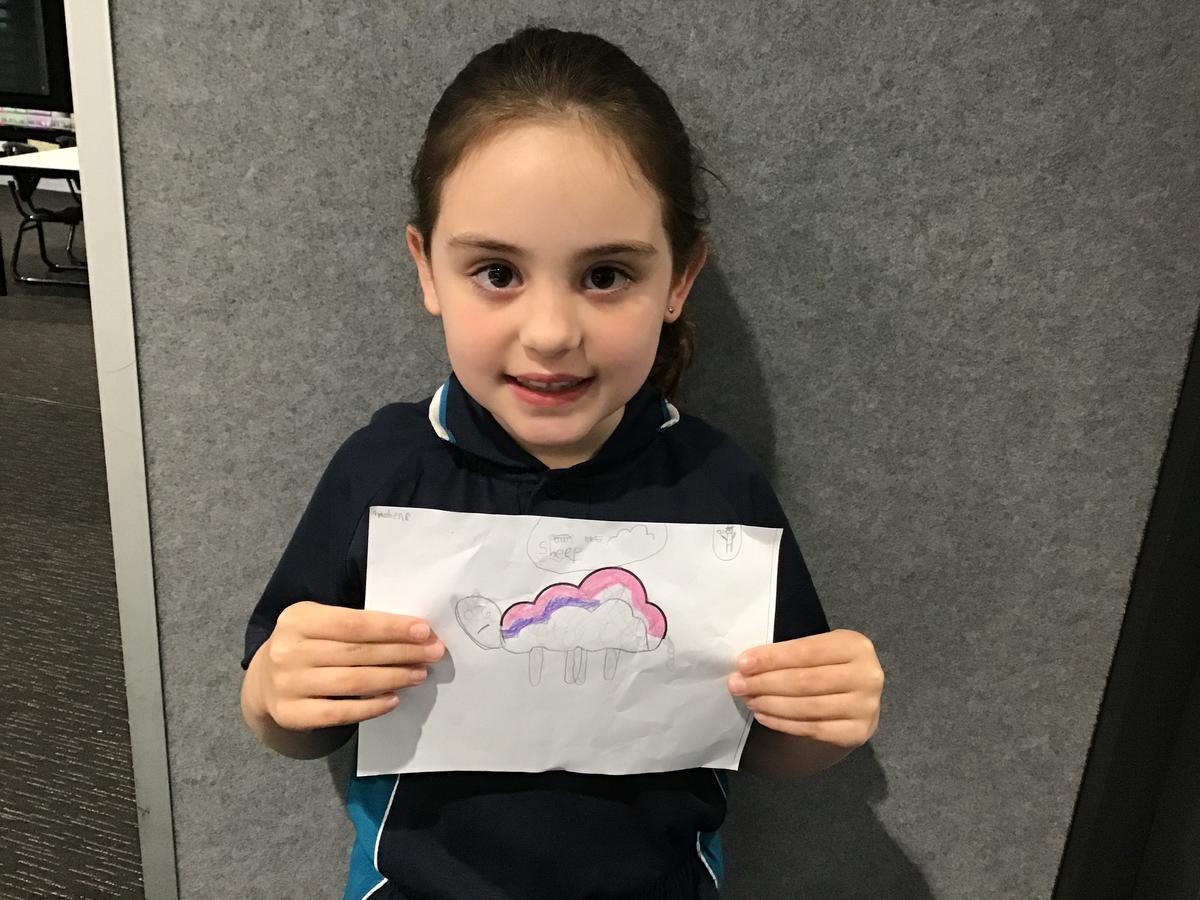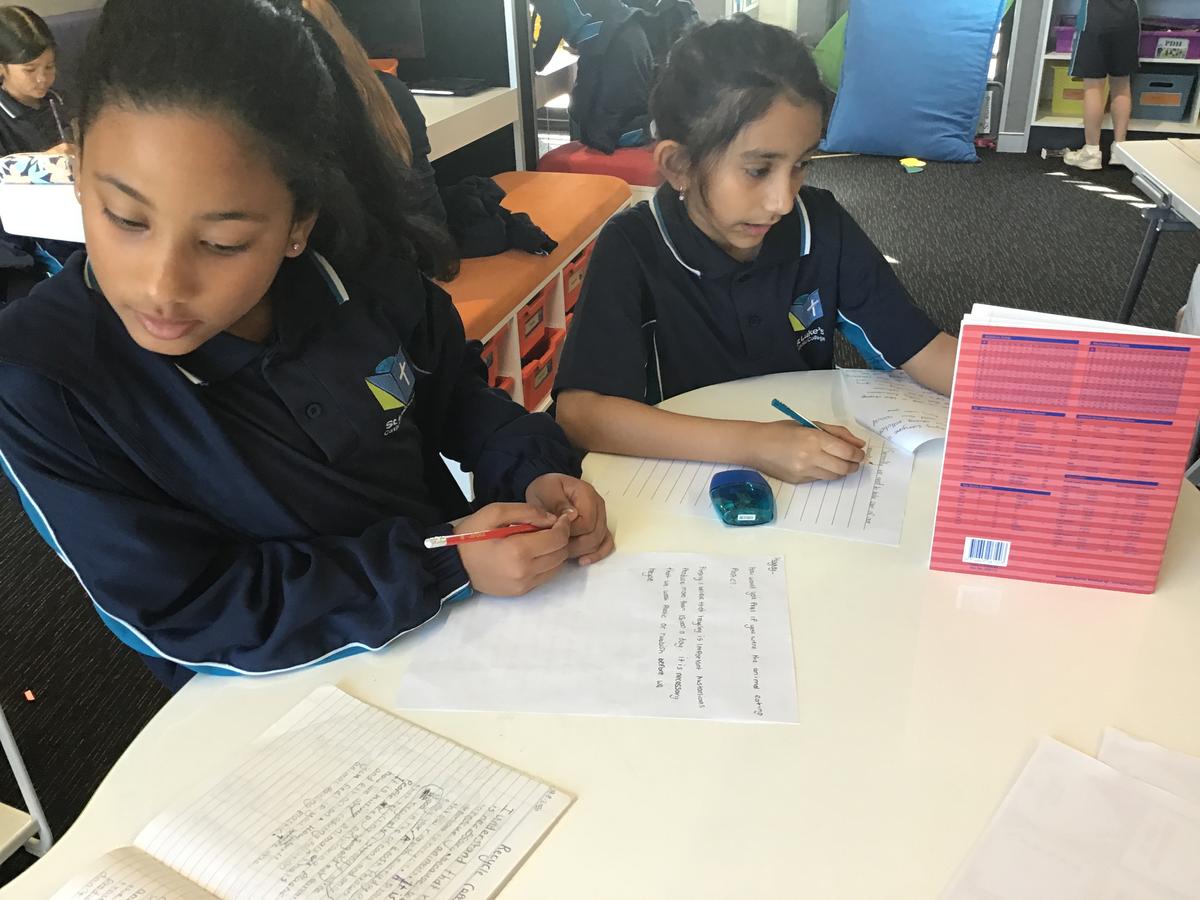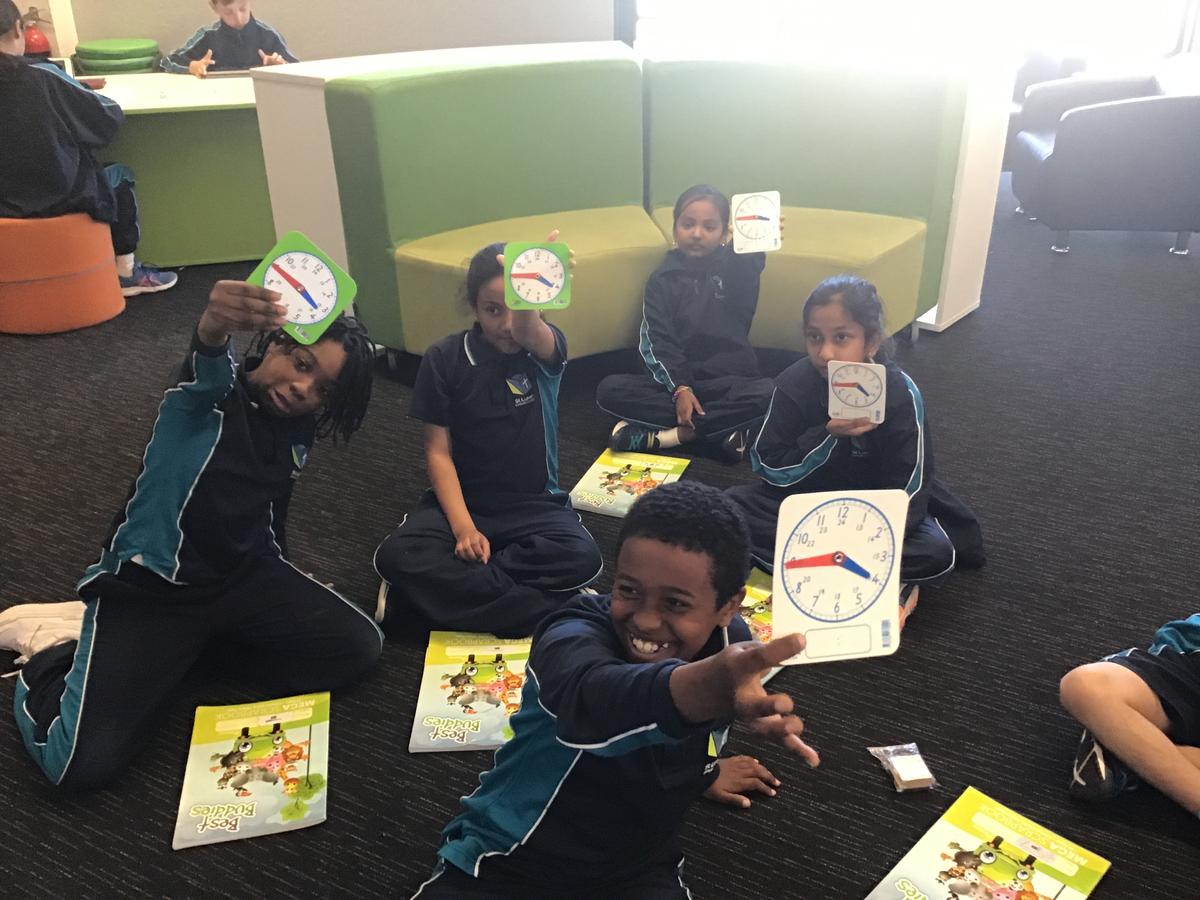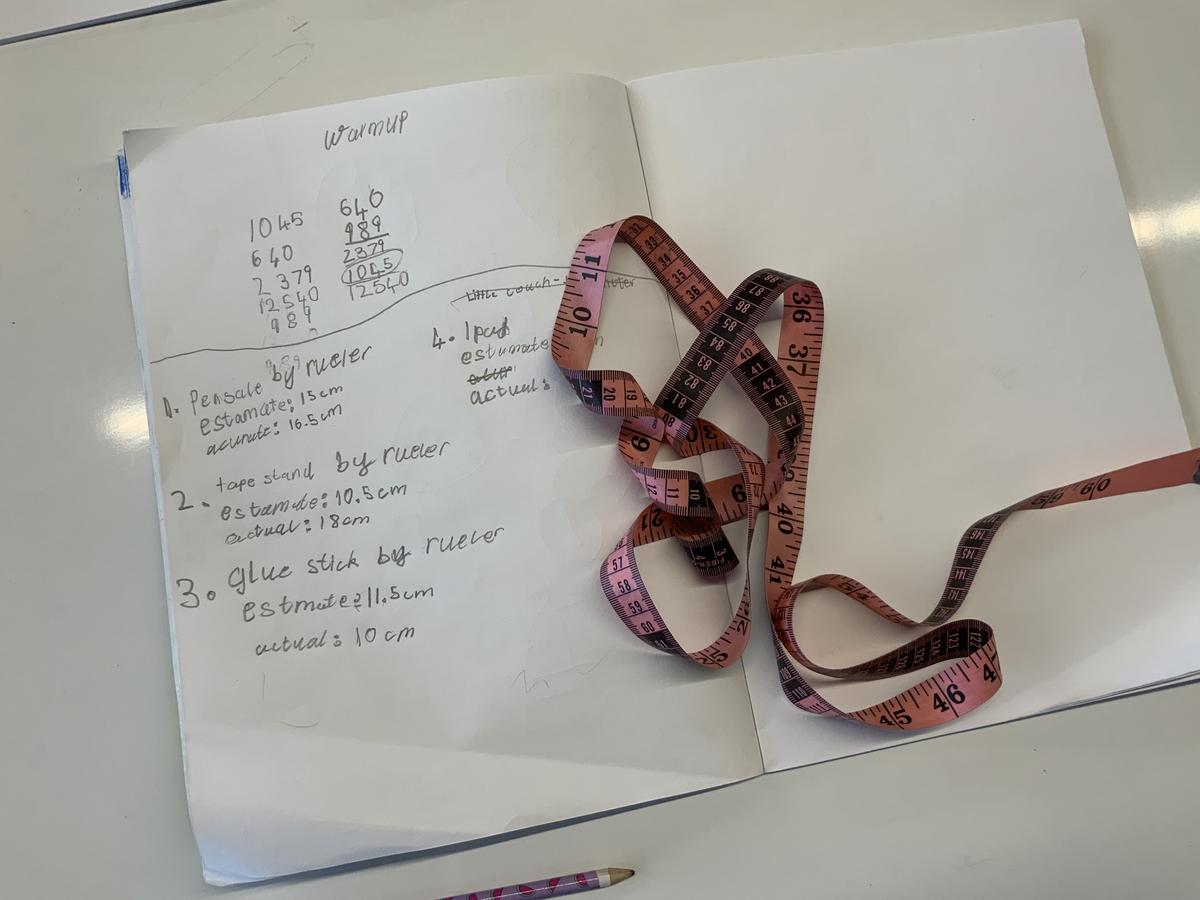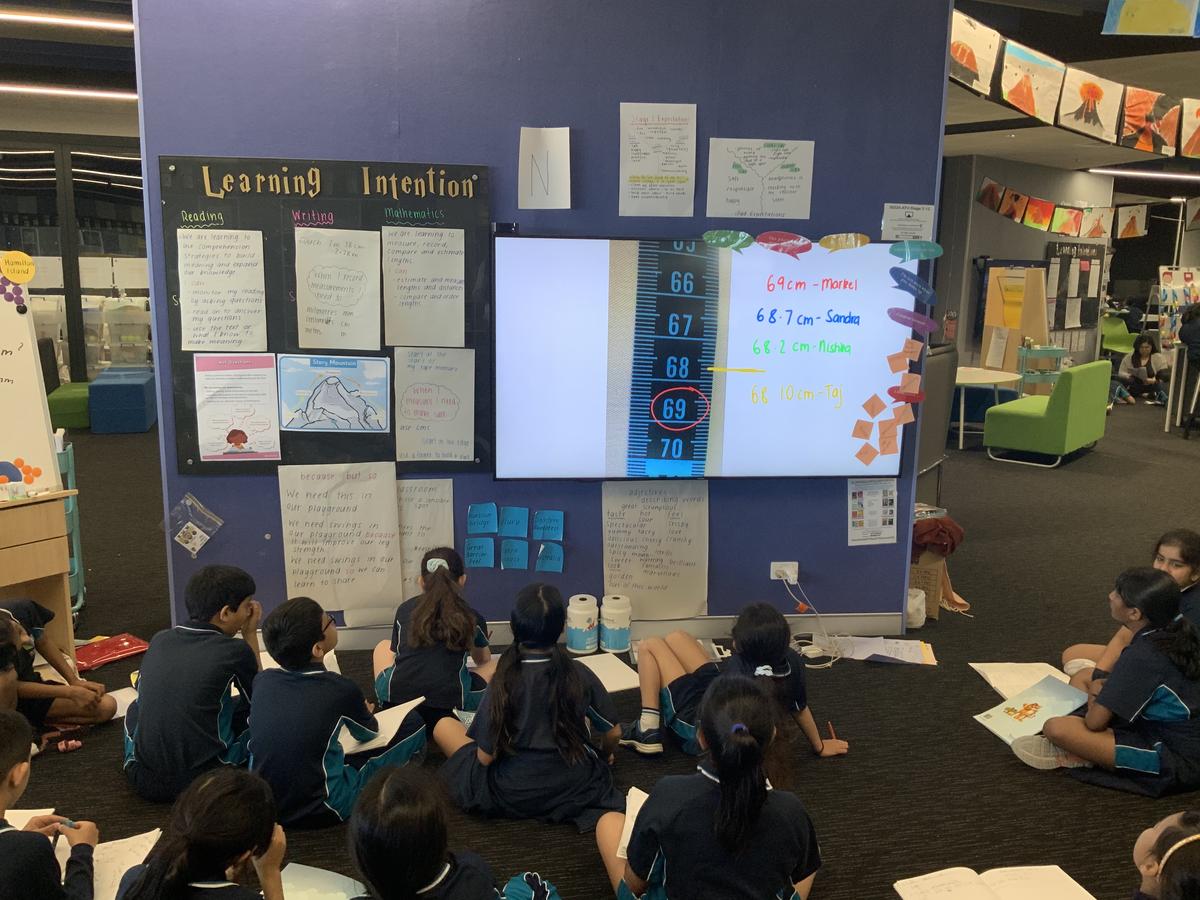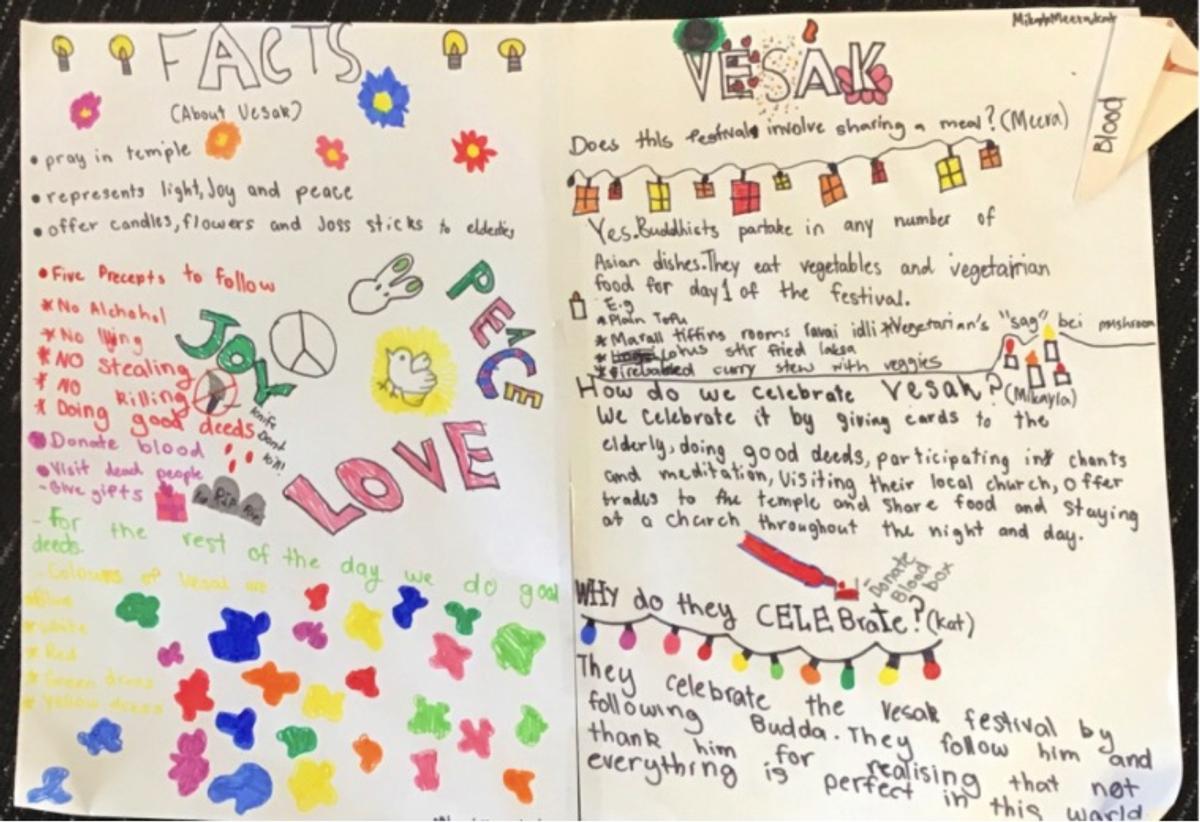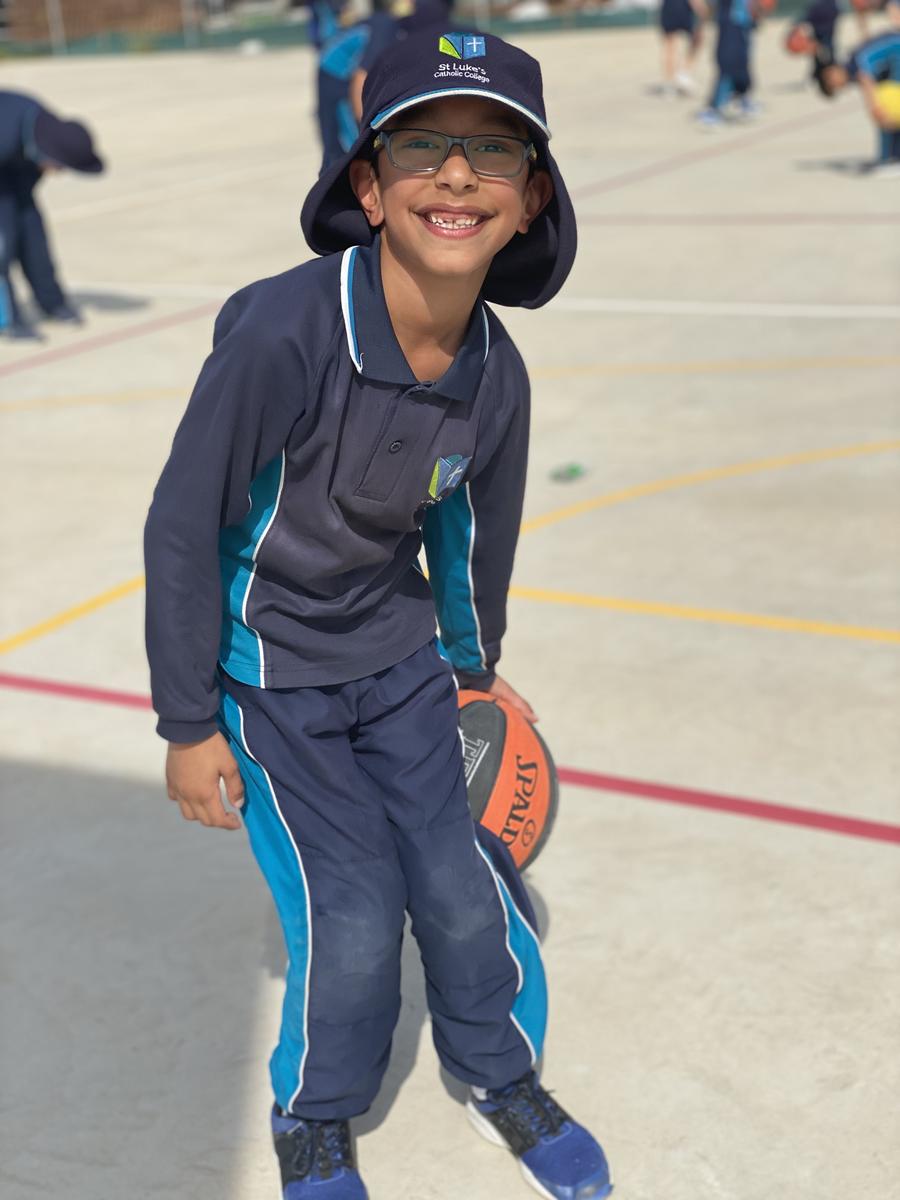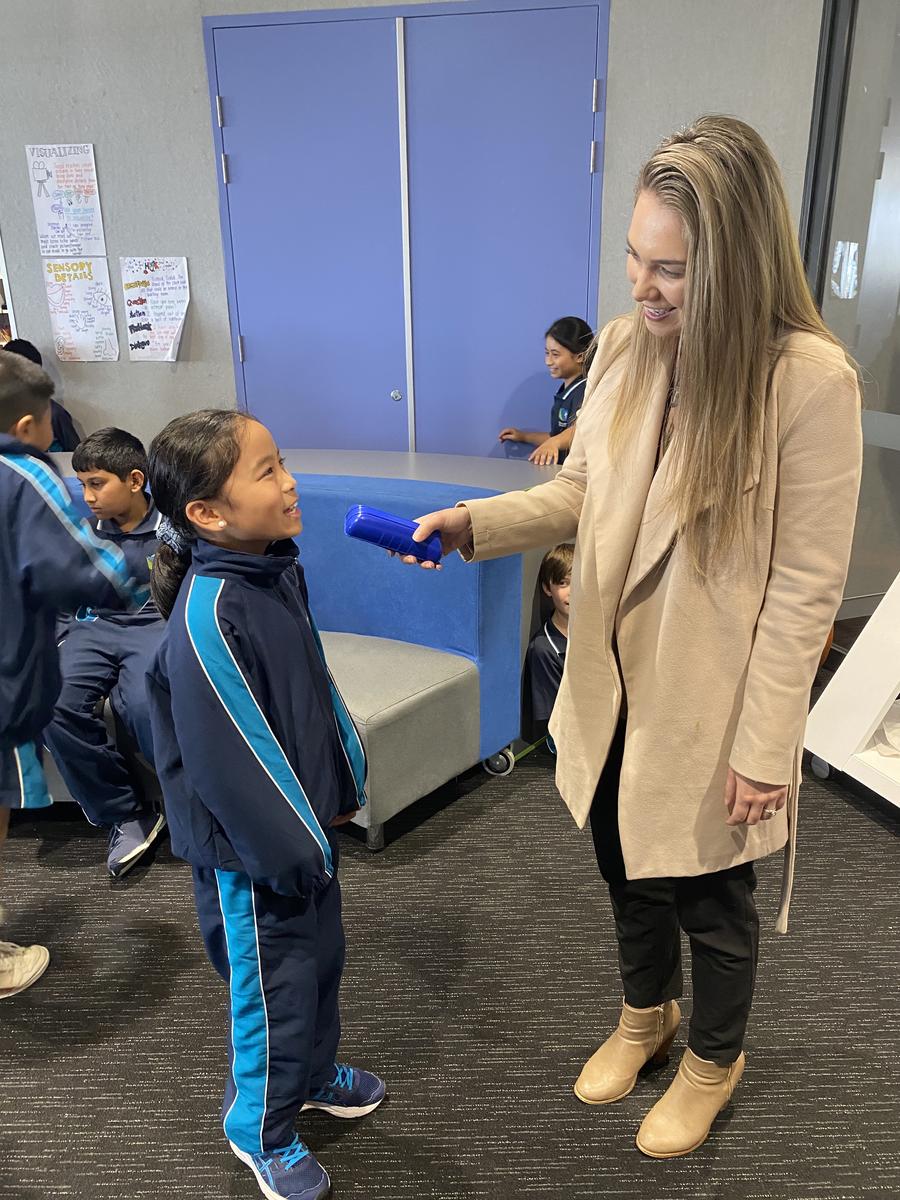School of Foundations
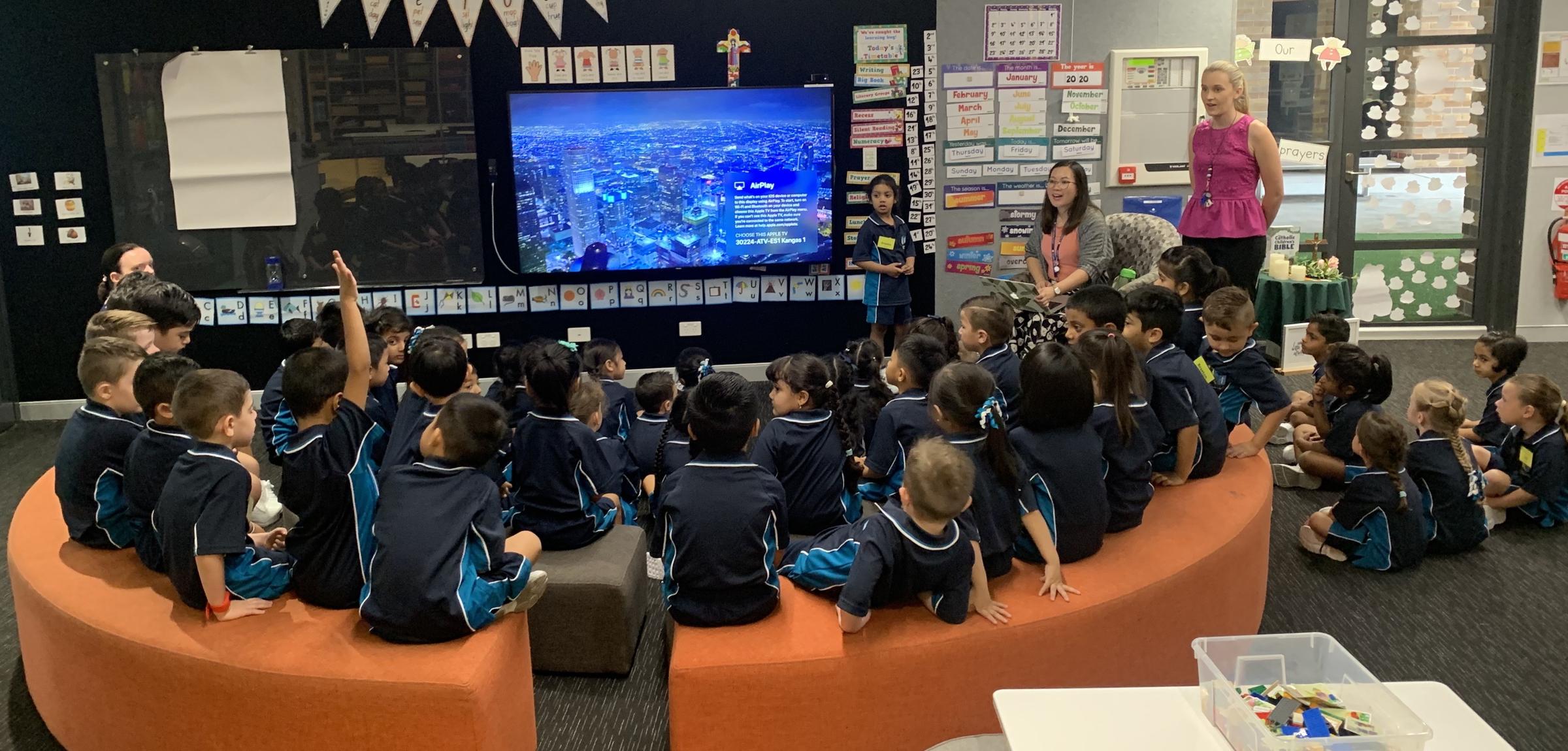
Early Stage 1
Lunch box Ideas:
Over the past few weeks we have noticed that there have been an increasing number of unhealthy foods creeping into lunch boxes including whole packets of biscuits, large chocolate bars and also many items containing nuts. Here are a few tips on how to pack a healthy lunch box for your child.
Plan Ahead. There’s nothing worse than last minute morning rush to pack lunch boxes. Take a few minutes to plan out your week or ask your child to help make a list to take to the supermarket.
Offer Variety. Many children like the same foods every day but variety helps them accept and eat different things. Try something new each week.
Use leftovers. Leftover meals make a fantastic packed lunch. While food can not be heated at school, there are many suitable options that your child might bring including chicken pieces or salad.
Add fruit and veggies. Carrot sticks, cherry tomatoes, cucumber sticks or whole pieces of fruit are a great idea. It doesn’t have to be complicated to be healthy. Encourage your child to be involved in packing their lunch boxes too!
Maths
Over the last two weeks, Kindergarten students have been learning about sharing and grouping objects. It has been wonderful to see the children talking to each other about their groups and whether they were equal or not and amending their groups if necessary.
This week we have started looking at Data. We know that this means we need to gather (collect), represent (show) and discuss (talk about) the information.
Reading Tips!
In the last edition of The Net, we began looking at the Pause, Prompt and Praise strategies designed for parents to help their child when reading at home. In this edition, we will look at how parents can support their child by prompting.
It is easy for teachers and parents to jump in with the correct word when a student stops at an unfamiliar word. Pausing and prompting are useful strategies for parents. The teachers support students to learn strategies during Guided Reading sessions and students need to practise applying these strategies themselves as they move towards becoming competent readers. The pausing, mentioned in the previous edition of The Net, allows the student some time to think about what they can try and attempt it. If your child doesn’t say anything, sometimes the prompt “What can you try?” is enough to help get them thinking.
You may even use prompts like “That is the character's name. Do you remember it?” or “Can you get your mouth ready for the beginning sound?” Praise your child on both their effort and achievement.
Stage 1
Helping your child read
If your child is reading a book at home sometimes they will come across a word that they get stuck on and that’s ok. In this edition of The Net, we will show you a way you can help them problem solve unfamiliar words.
One way they can problem solve is by looking for blends at the start of the word, this is not sounding out. Believe it or not, sounding out is not a helpful strategy to use when reading. It has been shown that using the sounding out strategy is only helpful with 12% of the words in the English language. It really only helps with short three letter words but no other words.
Getting your child to look for consonant blends at the beginning of a word can be a helpful strategy though. By putting the two consonants together (blending the initial sounds) and thinking of the story (thinking of a word that starts that way and would make sense by looking at the picture for clues) can help children solve tricky words. Reading is for meaning first and foremost so using blends and asking them about the story is a way to integrate using visual information and meaning to problem solve words. We have made a video of how this can work when reading with children.
Think Outside the Box!
Last week in Tinmen’s Forest the students were asked to think outside the box and use their imaginations to create a picture using a squiggle as their stimulus. They started by watching a clip from the old children’s TV show ‘Mr Squiggle’ then were set to stretch their imaginations. Check out some of their amazing creations!
Stage 2
Stage 2 teachers have been developing their understanding of the importance of reading comprehension. Reading comprehension is when students are making meaning from the text they are engaging with. Readers do this by:
- Understanding the text;
- Engaging with the text; and
- Critically evaluating the text.
Reading comprehension is taught by providing students with opportunities to understand, engage, and evaluate texts during shared and guided reading. These skills are explicitly modelled by the class teacher.
The teachers have been ensuring that the learning environment supports student understanding of these comprehension skills. Here are some photos taken from Magicians, Hogwarts, Diagon Alley, and Gringotts of our literacy spaces.
Literacy
This week the Magicians completed their letter to Mrs Berijkilian about recycling. We used persuasive techniques and shared our facts, opinions and reasons why NSW needs to step up its game in recycling. We have posted our letter to the Premier and are eagerly waiting for a response.
This week, students in Hogwarts and Diagon are learning to understand how characters, actions and events in imaginative texts engage the reader or viewer. We started exploring the different text structures of comic strips. In groups students were given a variety of comic strips and identified different text structures, for example, speech bubbles, thought bubbles, visual images, dialogue and captions.
Mathematics
This week we have been learning how to read and convert between units of time. We are learning about different types of activities that you can do in seconds, minutes and hours. We had to really think hard about how to work out the difference between the start and finish times.
To assist in talking with your child about time, please view this video that Miss McKay has created that covers the content of:
- Drawing an analog clock;
- Identifying parts of a clock;
- Reading analog and digital clocks; and
- Recording various times from a clock using words.
In Diagon Alley and Hogwarts, students have been learning to measure, record, compare and estimate lengths. They have been engaging with tasks such as:
- What in this room is longer than 2 metres but less than 3 metres?
- Using different measuring instruments, estimate and then measure objects in your classroom.
Students have been challenged to be accurate in their measurements. Here are some photos of our experiences.
Religion
Magicians are learning about different world religion festivals and the significance of these. We have learnt how people of different faiths celebrate festivals and significant rituals. We are comparing those celebrations with Catholic celebrations and gaining an understanding that sharing a meal plays a vital role in celebrations. We are learning that sharing a meal brings communities together across the globe. We are looking forward to presenting our work to Ms Atkins.
Writing in Gringotts
This week in writing, students have been researching one of Australia’s neighbouring countries. Our writing for this week has been integrated with our driving question in Geography, “How can we as travel agents convince others to visit Australia and neighbouring countries?” Students have been researching and summarising information to create travel brochures about our chosen countries. In Week 10, students will showcase their learning at a ‘travel expo’ where they will present their information in the form of travel brochures and CoSpaces.
Basketball in Gringotts
Every Tuesday students have enjoyed participating in the basketball run by coaches from Blacktown. Mrs Charalambous put her interview skills to the test to find out what Stage Two Gringotts’s favourite thing about Basketball is:
“My favourite thing about basketball is dribbling the ball” - David
“I like shooting the basketball into the hoops” - Jayden
“What I like about Basketball is the warm up games, because they are super fun and I get to play with one of my classmates”- Isabela
“I like the games they choose because they are fun to play” - Savannah
“I like participating in basketball every Tuesday because it has helped me invest in my interest in Basketball” - Sehaj
“Basketball educates me a lot. When I grow up, I think I could be a good basketball player because I’ve had all this practice at school” - Adhvik
